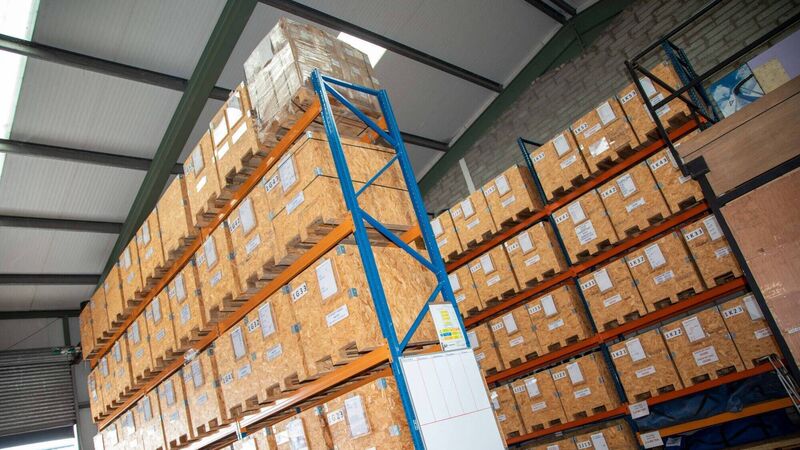Manufacturing sees growth but concerns over weak sales pipelines persist

Respondents to the PMI survey commented on growth headwinds from weak sales pipelines and depleted backlogs of work.
The Irish manufacturing sector recorded an upturn in September driven by a faster expansion of new business but firms were concerned about growth headwinds from weak sales pipelines and depleted backlogs of work, the latest AIB Manufacturing Purchasing Managers’ Index (PMI) shows.
The PMI reading for September stood at 51.8 which was marginally better than the 51.6 recorded in August. However, the latest reading remained below the three-year peak seen in June of 53.7.











